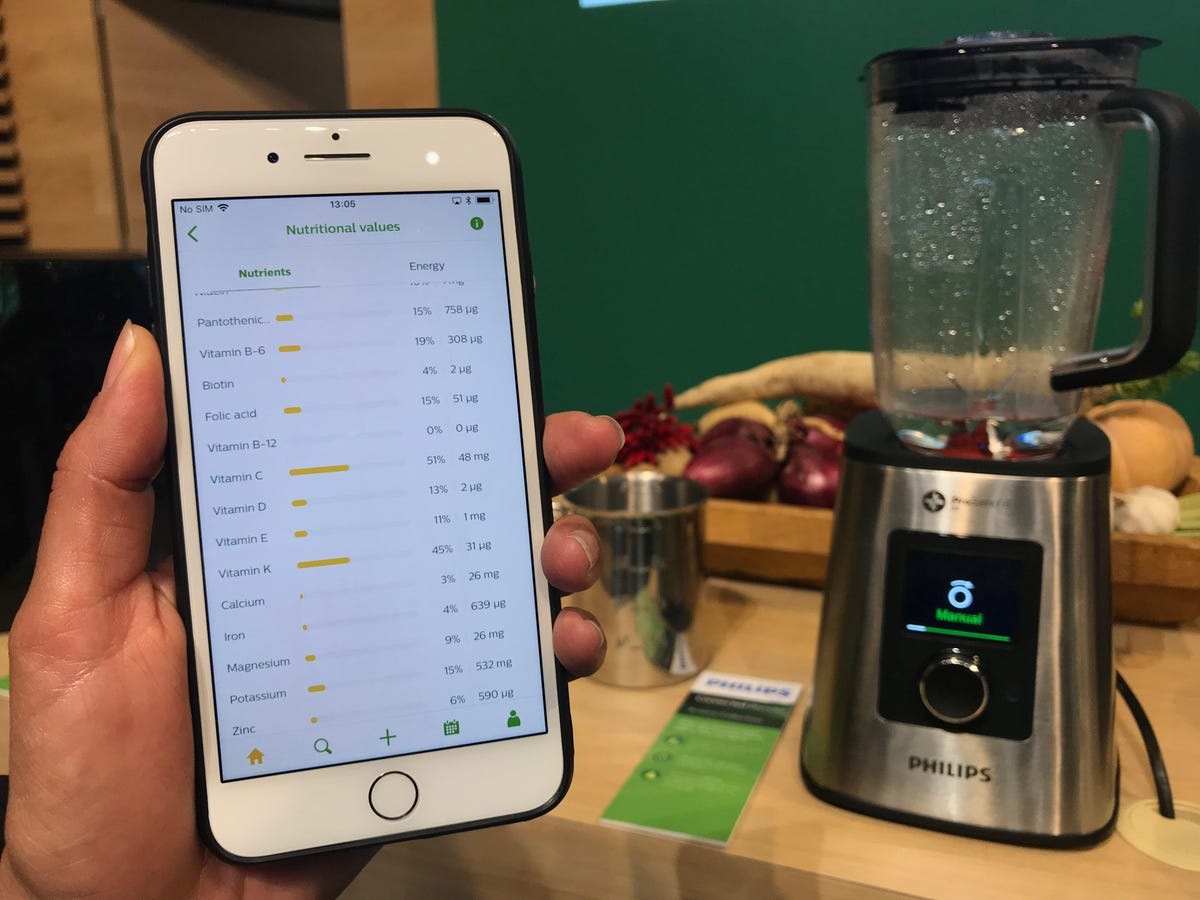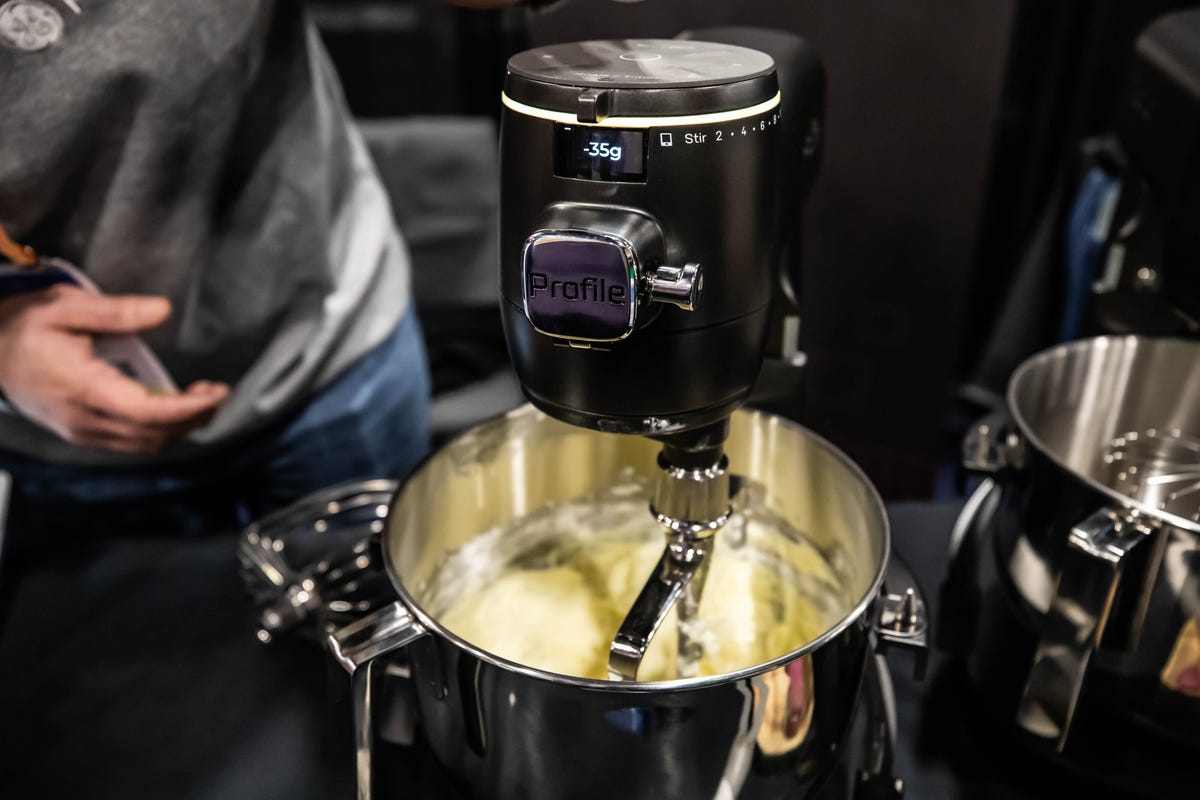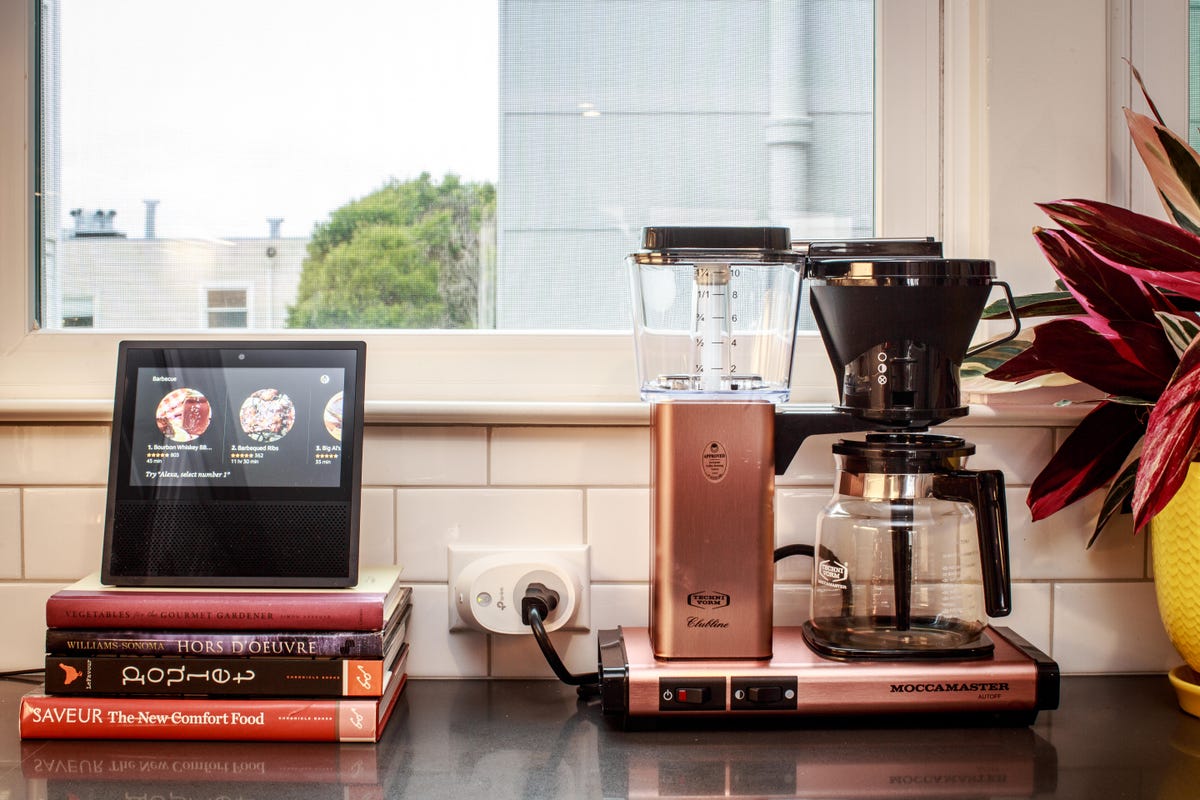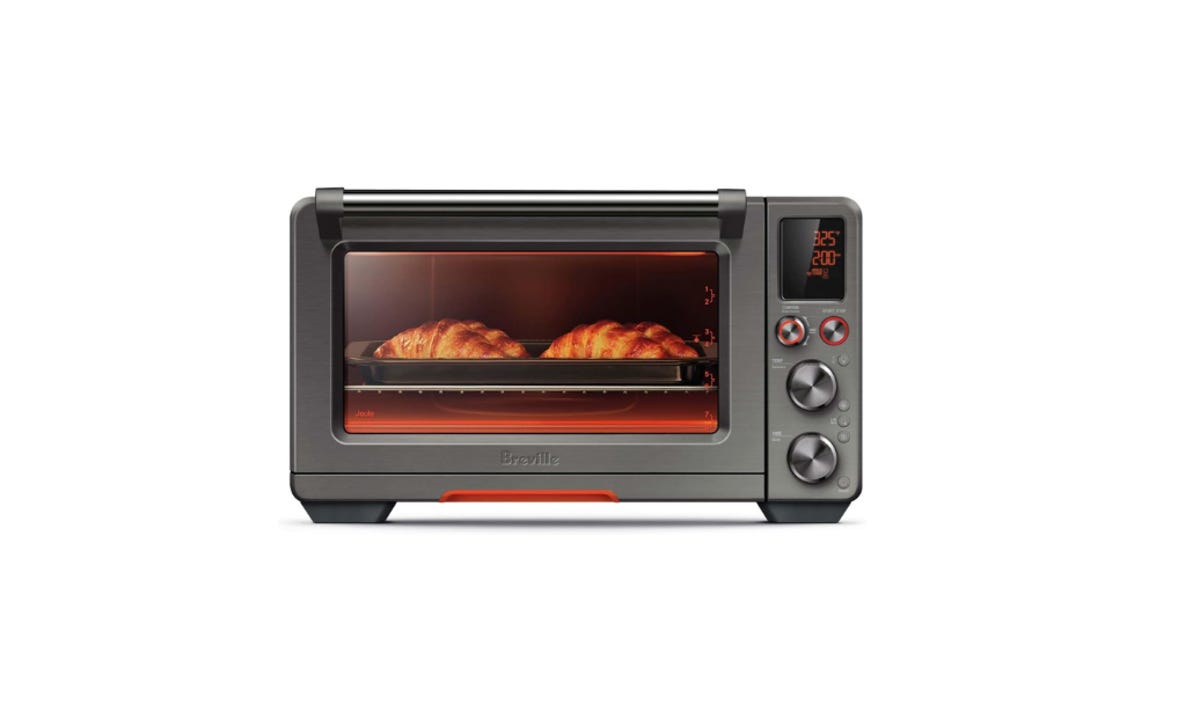At CES, the crowded consumer tech trade show held in Las Vegas every January, it’s all about energy. Some booths have it and some don’t. Smart ovens, once a darling of the convention floor, were everywhere in 2024 but excitement for them was scant. Oversaturation could explain the waning enthusiasm for smart kitchens — they’ve been around for the better part of the decade — or perhaps it’s a deeper miscalculation about how people want to cook.
If a kitchen appliance exists, you can bet there’s a smart version, or there will be soon. Intelligent updates on cooking tools we’ve used for decades, in some cases centuries, have rolled out at a furious pace the past several years, but is anyone buying it?
A 2024 forecast report by consulting firm Spherical Insights predicts the smart kitchen category is on track to reach $76 billion by 2033. This rosy outlook assumes some meteoric growth. As it stands, smart kitchen products account for just 2% of the category’s total global valuation of $720.59 billion in 2023.
The definition of smart home and smart kitchen is murky, but is largely a catch-all for devices that are one of two things: Wi-Fi enabled or AI-powered — often both.
A Wi-Fi-enabled or “connected” slow cooker, air fryer or food composter mostly means you can control the appliance, receive notifications and monitor progress via your device.

Blenders have become pretty smart, and the technology is mostly additive.
Smart refrigerators are fitted with cameras to give the owner a glimpse of the contents from anywhere, so long as you have cell service. Some can even identify the food and suggest recipes to make with them. Kinda cool, I guess. But so is keeping the $3,000 it’ll cost you to buy one.

GE Profile’s $800 smart mixer adjusts speed and torque based on the mixture inside.
These AI-powered and connected devices are priced at a premium, but it’s not so obvious if the public is buying what smart kitchen brands are selling. There’s no example more glaring than the much-invested-in smart oven.
The death of the smart oven?

Smart ovens have a lot of programs and modes. Perhaps too many.
The oven is a mechanical marvel, to be certain. It’s also small — just 0.6 cubic-feet of interior cooking chamber space — and it costs $1,300. That’s more than most full-sized wall ovens. So far, only 74 purchase reviews exist on Amazon in the roughly four years it’s been available through the megaretailer.
Others have tried to crack the smart oven code. Tovala’s countertop offering does some, although not all, of what the Brava does. The compact Tovala cooks prepackaged meals you also buy from the brand. Scan the QR code for Tavola’s barbecue salmon with potato wedges or broccoli alfredo pasta, and stick it in. The oven fires up and toggles between cooking temps and styles — roast, bake, broil, steam — in an attempt to mimic the moves of a professional chef.
The Tovala oven cooks meals produced by the brand with calibrated programs.
CNET reviewed the Tovala oven in 2017 when it launched. At the time it cost $400. Now, you can bag one from the company’s website for $250. Third-party retailers have it listed for as cheap as $99. The Suvie Oven functions in a mostly similar way. Its price has also fallen sharply from $400 when we wrote about it to its current tag of $299, including 18 free meals. All of this while inflation and supply issues have sent most product prices soaring.
The June Intelligent Oven was perhaps the buzziest of the smart oven set. The sometimes autonomous, connected and AI-powered oven debuted in 2015, promising to take the guesswork out of cooking with a built-in thermometer that works in congress with a cocoon of burners and carefully calibrated cooking programs to nail the temperature on, say, a pork tenderloin (famously easy to overcook and tragic if you do).

The all-digital control panel was user-friendly and the oven did most of what it promised.
It was priced anywhere from $600 to more than $1,000, depending on when you bought in, plus a monthly subscription fee. After repeated attempts to reconfigure the machine and its price structure, June sold to Weber, which quietly discontinued the oven late last year. Weber has since integrated June’s AI and internal sensor technology into its already state-of-the-art outdoor grills, but a representative for the brand told me over email that there are no plans to revive the oven itself.
People who don’t want to cook, don’t want to cook

Starting a pot of coffee from bed is a smart feature I can get on board with.
A smart coffee maker dutifully brews your morning pot on demand if you tell it to, even from the comfort of bed. Smart refrigerators have built-in screens to display recipes, a weekly schedule or notes to the rest of the household. I love this feature and when I can afford it, I’m buying one.
And smart composters like the Mill Bin, perhaps the most promising new smart kitchen appliance to enter the market of late, will warn you when its bin of rapidly decomposing organic waste is nearing capacity.

The Breville Joule is one smart oven that doesn’t lean into the smart part too heavily.
The Joule is still too expensive for the average person — it’s listed at $500 but can often be found on sale for less — but the price is more palatable than a June or Brava. If you buy one and don’t end up using all the smarts, you’re still in possession of a top-of-the-line toaster oven and thus not subject to as much buyer’s remorse.
I spoke with Andrew Sirotnik, Breville’s chief experience officer, about the brand’s lighter-handed approach. Sirotnik spends his time thinking about the relationship people have with Breville’s machines. He told me that forcing folks to completely change the way they do things and outsourcing the knowledge is risky. The minute that “do-it-all” machine is wrong or off, you’ve lost their trust.
Smart kitchen tech is still finding its footing. There are innovations I hope to see enter ubiquity (looking at you smart fridge display,) but with big swings come the inevitable misses. A slew of modern smart oven robots tried to take over the cooking for us, but for now it appears they didn’t correctly read the room. Or in this case, the kitchen.